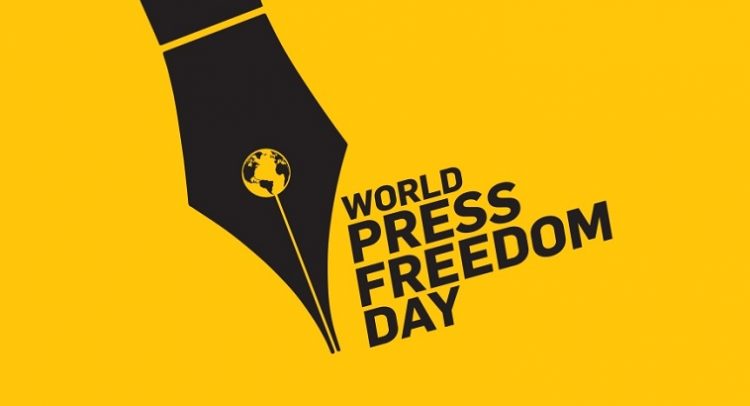The media scene has witnessed mammoth transformation over the years especially with the expunging of the Criminal Libel Law, the inception of digitisation and technology novelties.
The foregone have made it possible for people to disseminate reports from the comfort of their homes. The ease with which amateur persons ostensibly presenting themselves as journalists report occurrences has come with its own variant of challenges for media practice. The breaches and the infringements upon the rights of individuals by some media persons in the name of free press has created several hiccups some of them leading to law enforcement consequences.
Unfettered freedom of expression which must be protected so that its place in a democracy can be assured comes with an equally reciprocal regime of responsibility on the part of journalists.
The World Press Freedom Day, May 3 has come and gone offering us an opportunity to reflect upon the journey so far.
New regimes come with their challenges of newness and accompanying nuances such as post-Criminal Libel has presented us with.
Recklessness on the part of some journalists has been noticed as it has for law enforcement agents.
Law enforcement and the media often disagree on approaches to enforcement, a situation which has jaundiced the relationship between the two.
The passion with which the Ghana Journalists’ Association (GJA) president made his presentation last Wednesday was admirable as he defended the rights of his colleagues and justifiably so.
We would have faulted him for unfairness had he not served notice that the GJA would shout out names of those who abuse the freedom of expression.
We take notice also of his reference to the Radio Ada reporter who as it were suffered unduly in police cells.
If the arrest and the subsequent detention of the reporter had to do with a deliberate criminalisation of his work, then we are afraid there is a subtle reintroduction of the Criminal Libel Law which nonetheless remains expunged from our statute books.
The few isolated cases of seeming abuse of journalists in our opinion especially since they are not committed by state actors do not constitute sufficient blemishes to warrant our demotion on the chart of media freedom.
Considering where we were earlier and the milestone we are today, we have every cause to pat each other on the back.
We have noticed what happens in the worst country to be a journalist, Somalia, and how some members of the inky fraternity over there have sought refuge in neighbouring Kenya.
We have observed how inputs for media practice such as newsprint, power costs among others are threatening the survivability of newspaper houses and radio stations.
The foregone in the face of acute dearth of advertisements from government and the private sector when reversed by the introduction of a policy of more advertisements by both the formal and informal sectors to media houses would be a wonderful contribution towards the cause of free press and democracy.


